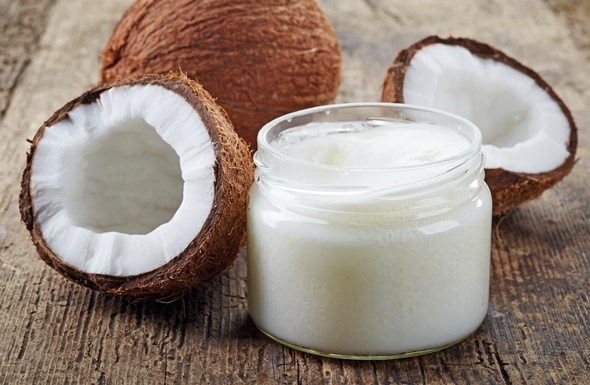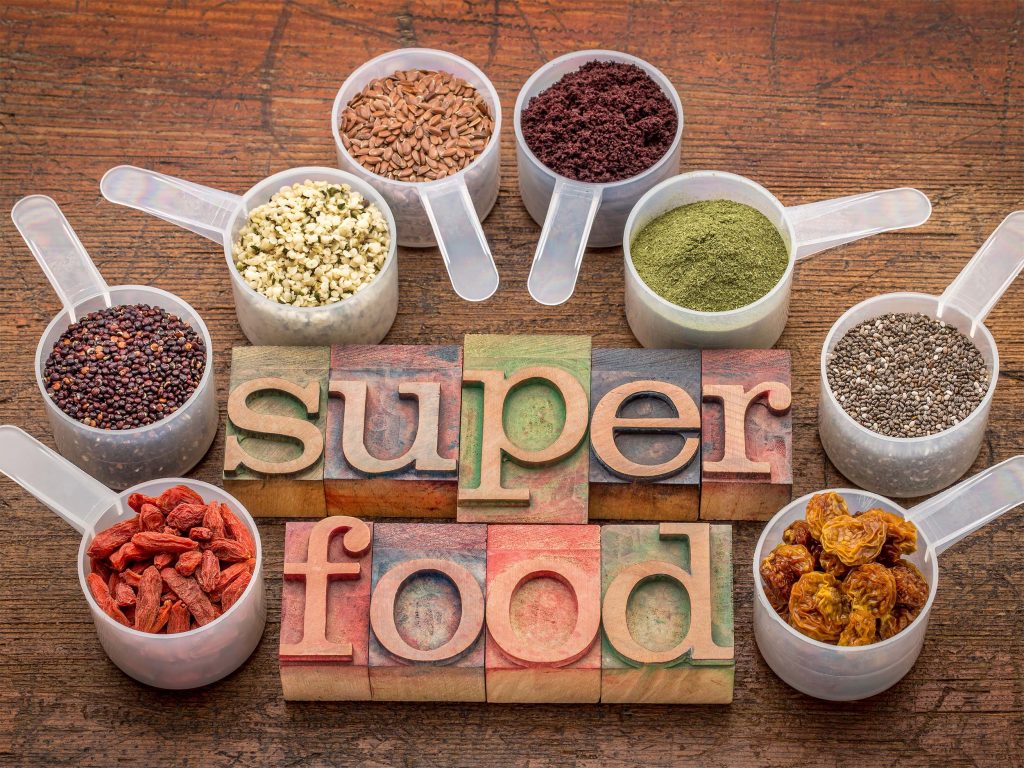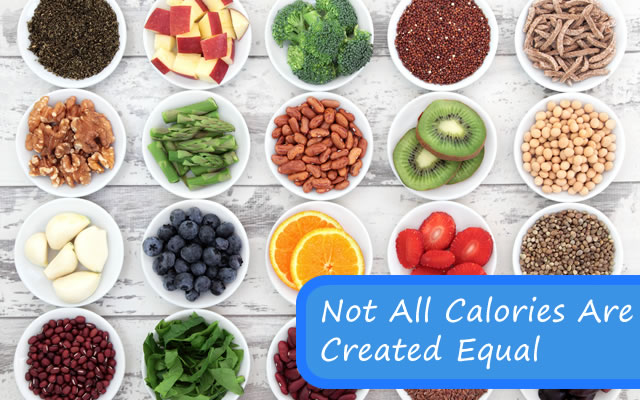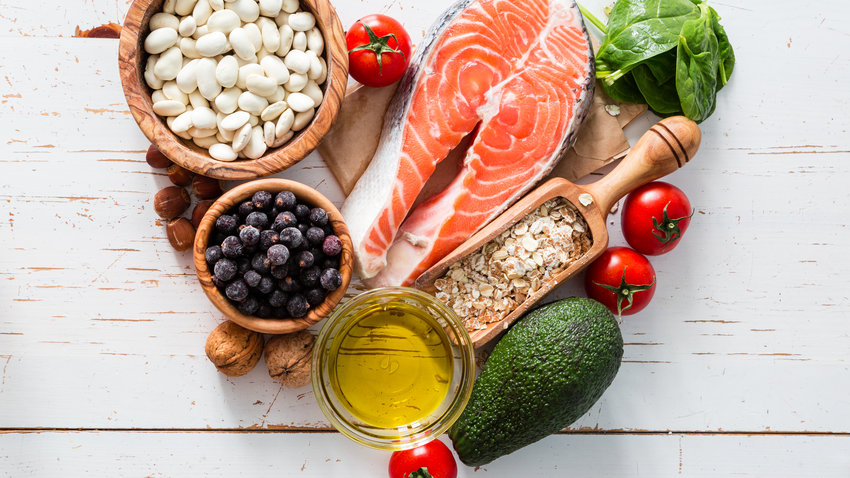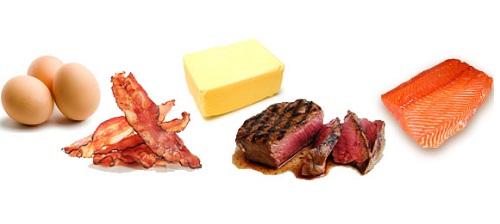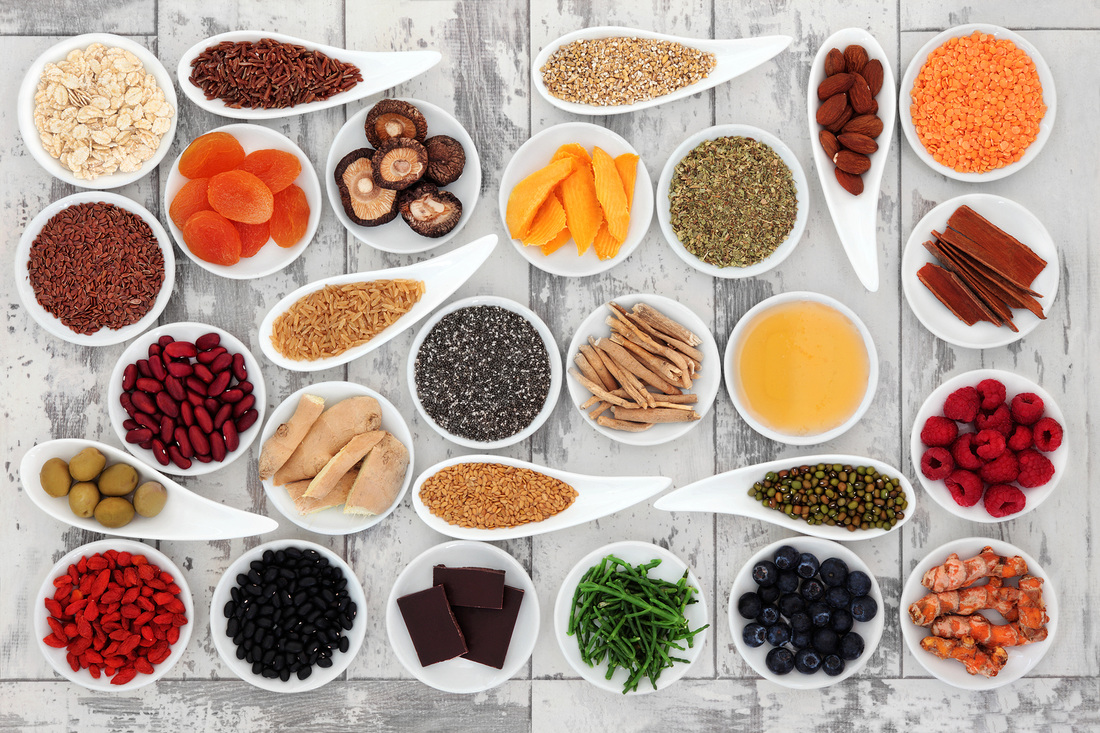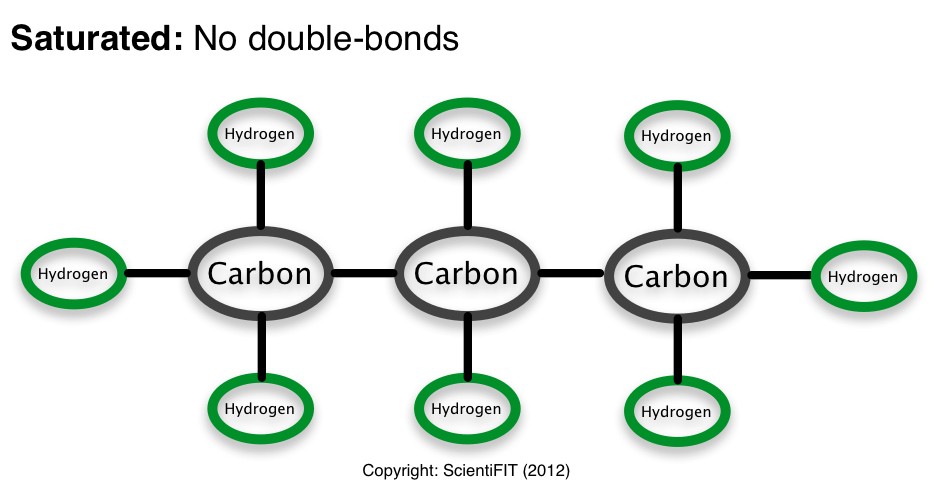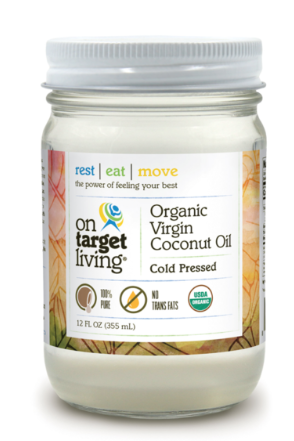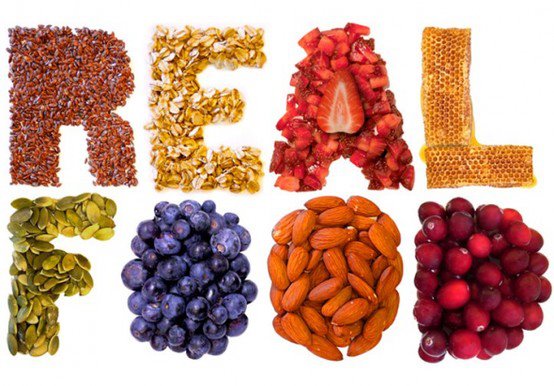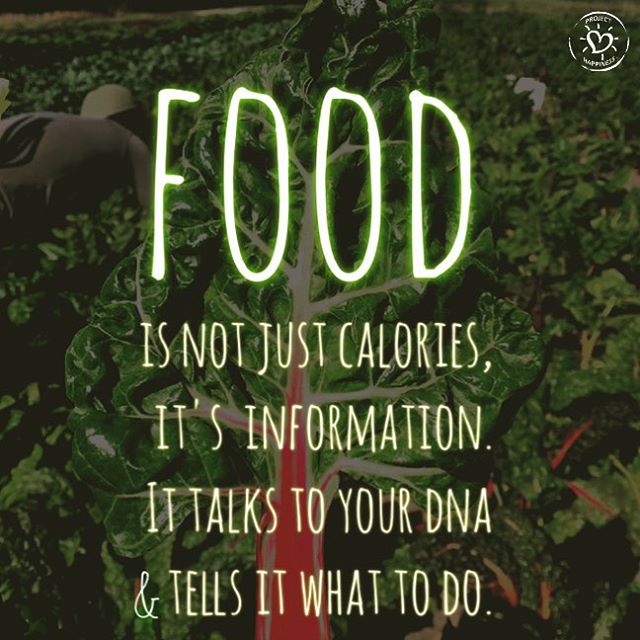
Hello July 4th!
June 26, 2017
Diets Are Out, Lifestyle Is In!
July 10, 2017Hey folks! I am here to clear up some confusion surrounding coconut oil and the Harvard Professor’s claim that coconut oil is poison. First, you must understand that one of the number one ways to get media interest is to give them a “pitch with a twist.” This is the opposite of something most consumers know or think they know. For example, most people know that vegetables are healthy. A twist on your pitch could be, “this vegetable is actually making you fat.” Yes, I know it’s crazy but these are the articles that get attention. The more bizarre the better. Here are some popular headlines pitches that recently got picked up by big media.
Coconut Oil Isn’t Healthy, It’s Never Been Healthy! -USA Today
Coconut Oil Is Poison, Says Harvard Professor
How Healthy Is Oatmeal for Breakfast, Really? -Cleveland Clinic
Stop Wasting Your Money On Wheatgrass! (It’s Toxic!) -Gundry MD
Now back to coconut oil. As a Dietitian I consider virgin coconut oil a superfood! It’s especially great for metabolism, digestion, and brain health. It also contains a property called lauric acid that is also found in breast milk. Lauric acid is best known for soothing the gut, improving digestion, and contains natural anti-fungal properties. (It’s actually the same property found in breast milk). Coconut oil has been used as medicine for thousands of years and is one of the healthiest foods you can consume.
Is coconut oil high in saturated fat? Well yes, because that is what it is. It’s like saying a raisin is high in sugar—that’s silly.
However, saturated fats are not the enemy. In fact, the body needs saturated fats to function. Saturated fats make up the integrity of every cell in the body, are needed for brain function, help to incorporate calcium into our bones, protect against harmful microorganisms in the digestive tract, balance cholesterol levels, and enhance the immune system among so many other things. It just depends on where the majority of your saturated fat sources are coming from.
The key is to look at the quality of the saturated fats you are consuming since nothing in the world is created equal—especially food.
If a coconut falls right from the tree would we say it is healthy or unhealthy—healthy of course—it’s the real source. It’s perfectly wrapped and loaded in nutrients. Plus, it doesn’t contain a nutrition label–it’s one ingredient.
It’s important to know where the majority of your nutrients are coming from. Are your saturated fats coming mostly from coconut oil, fish, lean meats, nuts, and seeds or are they coming from from high-fat, highly processed foods like pizza, bacon, lard, ice cream, etc?
Are your energizing B vitamins coming from an energy drink or are they coming from real food sources like leafy greens and ancient grains?
Are you getting your calcium from a supplement or nutrient rich sources like almonds, leafy greens, healthy grains, nuts, and seeds? Do your fruits and vegetables come in a pill form? You get the point right?
It’s important to choose foods closer to the source—these are foods in their most natural state and will be the most nutritious, least processed, and most affordable. We can always trust something to be healthy if it’s from the source.
This coconut oil article and many other harmful claims do not take into account the source of saturated fats and are only looking at the molecular structure versus where these items are coming from.
Think about an avocado and extra virgin olive oil. They are both high in heart- healthy monounsaturated fats which help to boost good cholesterol levels.
However, they both also contain saturated fat. But, does that mean they are unhealthy foods? Of course not.
The fact is that coconuts have nourished humans for thousands of years. From skin problems to an upset stomach, coconut heals the body.
I would say disregard the latest media claim on coconut oil since it is not looking at the big picture.
Continue to eat coconut, drink coconut water, and use virgin coconut oil for cooking. These are all healthy sources. The body always knows what to do when you give it foods in its most natural state. Food isn’t just calories, it talks to your DNA and tells it what to do.
And when reading any articles in the future, claiming that a particular food is unhealthy, know the source of the study and what they are basing their information on. For example, a high quality fish oil doesn’t cause prostate cancer–in fact it may do just the opposite. But if the study doesn’t take into account the quality of the fish oil, whether it’s using hard to absorb gel tablets, and the adequate dosage–then their could be reason to doubt the so called benefits. Also, keep in mind who funds these articles. If an article claims that soy is healthy, most likely it’s written by the Soyfood Council, Soybean Council, United Soybean Board, or Monsanto.
What Makes Science True Anyway?
The definition of science is the pursuit of truth or the state of knowing. Scientific method is the systematic pursuit of knowledge, the collection of data through observation and experience, and the formulation and testing of hypotheses or an assumption. So what makes science true? After all, it’s always changing.For example, trans fats were once claimed to be healthy and labeled GRAS (generally recognized as safe) by the FDA. They were then used to replace all “harmful saturated fats” in the marketplace. Saturated fats are now shown to have amazing health benefits and are actually needed to survive (they make up the integrity of every cell in the body).
Trans fats are now banned from our entire food supply because of their harmful and even deadly affects on the body. According to the National Institutes of Health (NIH), trans fats raise your LDL or “bad” cholesterol; levels and lower your HDL or good cholesterol levels. The Mayo Clinic says this combined effect increases your risk of heart disease, the number-one killer of men and women.If we would have used our common sense from the very start of introducing trans fats into your food supply, we would have been able to identify that this foreign substance as harmful. The definition of trans fat is: an oil that has been chemically changed from a room temperature liquid state into a solid. Um yuck and weird right?
GMOS (genetically modified organisms) are plants or animals created through gene-splicing techniques. This technology combines DNA from different species, creating combinations of plant and animal genes that do not naturally occur in nature. Bottom line is we simply don’t know what these foods will do to us 20 years from now and we already seeing harmful side effects when it comes to consuming GMO foods including issues with digestion, allergies, absorption, and so much more.
The Success Formula for Eating
Want to know a simple formula for eating healthy that will give you results and will never change?
Common Sense + The Source
Use your common sense to make choices and eat foods closest to the source.
This means that you are eating in a way that makes you feel healthy and happy and avoiding items that you intuitively know aren’t good for you. If you can’t recognize or pronounce an ingredient on the back of a package, it’s probably not real food. If you can’t feed it to your kids, it’s probably not something you should put in your body.
Real, whole foods closest to their most natural source will always be healthier than a bar, gel, drink, pill, or supplement. Keep in mind that we don’t eat nutrients, we eat food and it’s important to chew and enjoy our foods. Foods from the ground will always be healthy. Most foods that contain one ingredient will also be healthy (ancient grains, fruits, vegetables, lean meats, nuts, seeds, etc) Nothing is off limits when you know the source. Plus, the body knows what to do when you give it real food.
If you can’t follow a diet when you are pregnant, a time when you should be getting the best quality nutrition, it’s probably not a good thing. If a diet has you giving up a macronutrient (carb, protein, or fat) you will have a “macro problem.” Macronutrients are the building blocks for the body. Carbohydrates are the body’s number one fuel source, not fat. Ancient grains like oats, millet, farro, wheatberries, and quinoa contain essential b vitamins and magnesium needed for energy and sleep. Fruit cleans the body and water is life. Coconut oil has been used as medicine for thousands of years and is one of the healthiest foods you can consume.
Eating should be simple. As babies, we were born knowing what to eat. We weren’t born craving junk. Who really thought their first beer or sip of coffee was delicious? Gross right? Just as we train ourselves to like unhealthy good, we can train our taste buds to crave healthy foods. After all, flavor comes from nutrients.
As a Dietitian, my advice is to start using your intuition to make food choices and rely more on common sense versus science, stats, facts, and data.
We need to eat in a way that makes us feel healthy and happy and use our common sense to make choices even if science says otherwise.
Oats are not making us fat. Energy does not come in a can. Adding butter to our coffee is not the magic formula for weight loss. Drinking wine is not the same as eating grapes. Calories are not created equal. Fruit is not candy. Coconut oil is not poison!
Let’s eat real foods, cook more meals at home, and be mindful of how much and how often we indulge. Eating should be simple and enjoyable, not confusing and stressful.
When you give your body the right ingredients—it knows what to do. Food is power people! #trustthesource #commonsensealwayswins

